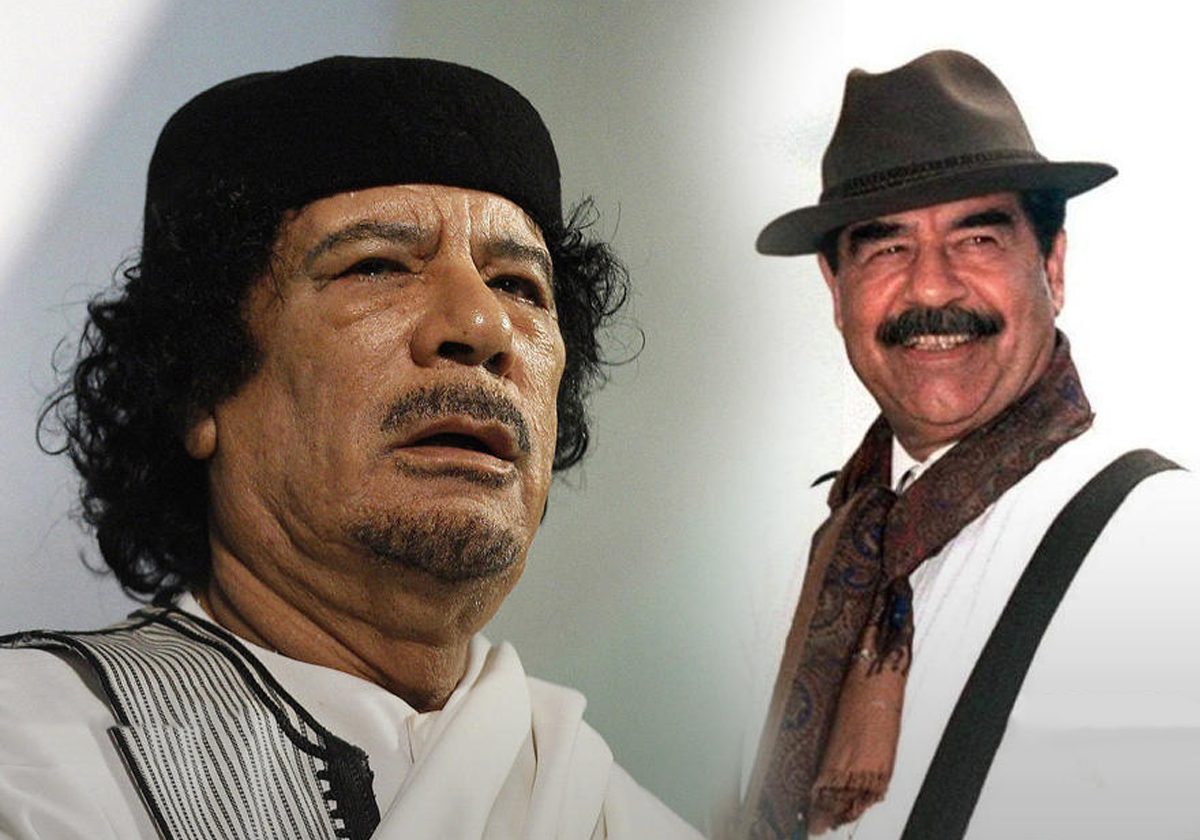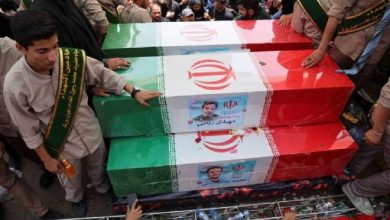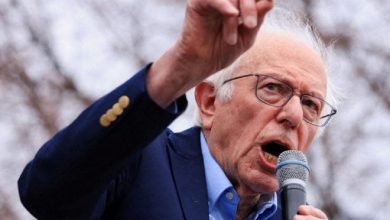The Historical Feud: Unveiling the Tensions Between Saddam Hussein and Muammar Gaddafi

In a revealing interview, an Iraqi diplomat shed light on the historical animosity between former Iraqi President Saddam Hussein and his Libyan counterpart, Muammar Gaddafi. The relationship between Iraq and Libya deteriorated over time, culminating in a complete severance of ties.
Ali Sabti Al-Hadithi, the former Iraqi ambassador to Libya, described his tenure over a decade ago as particularly challenging due to the increasingly complex relations that began with Saddam Hussein’s covert visit to Libyan soil. During this visit, Hussein met secretly with the then Ba’ath Party Secretary-General Omar Daibis, without Gaddafi’s knowledge or consent. This clandestine meeting sowed seeds of mutual distrust between the two leaders, as described by the Iraqi diplomat during his televised interview on “Russia Today.”
However, until 1979, the relationship between the Libyan and Iraqi leaders was amicable. Both nations shared a common stance against any peace settlement with Israel and had mutual national interests, despite their differing ideologies.
The root of the animosity between Saddam Hussein and Gaddafi can be traced back to the rivalry between the Nasserist and Ba’ath movements for leadership in the Arab world. Saddam Hussein aimed to spread Ba’athist ideology in Libya and exert influence over the country. He generously supported Libya post-revolution, while Gaddafi leaned more towards the Nasserists and the policies of former Egyptian President Gamal Abdel Nasser.
In a heated exchange between the two leaders, Gaddafi urged Hussein to cease the war against Iran, labeling it as futile and asserting that all casualties would end up in hell due to their Muslim faith. In a sharp retort, Hussein responded to the Libyan leader, saying, “Our martyrs are in heaven, and their martyrs, including your father, are in hell.”
Following this intense confrontation, relations soured further, leading to a complete diplomatic breakdown by 1986. The situation was exacerbated by Iran’s invasion of Al-Faw. At that time, Gaddafi took a particular stance on the matter.
The former Iraqi ambassador praised Gaddafi, describing him as “Arabist and genuinely kind-hearted.” He mentioned that Gaddafi had proposed releasing opposition prisoners, including Mohammed Magarief, Khalifa Haftar, and their associates, in exchange for Iraq halting its support for the Libyan opposition.
Numerous negotiations took place, with the involvement of Fadel Al-Barak, then Director of Iraqi Intelligence. He visited Gaddafi, and the two sides reached an understanding, eventually restoring relations with Saddam Hussein.






